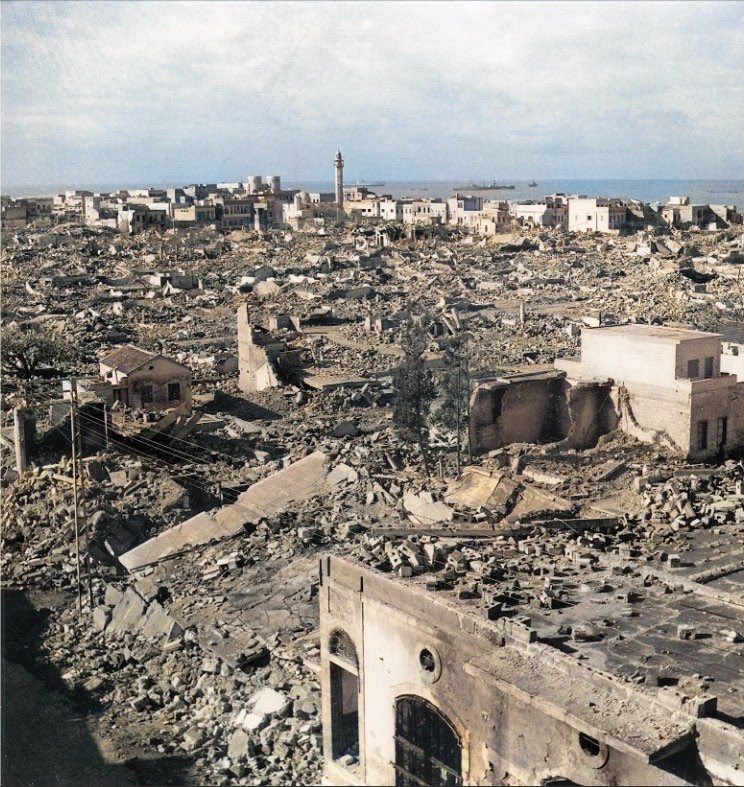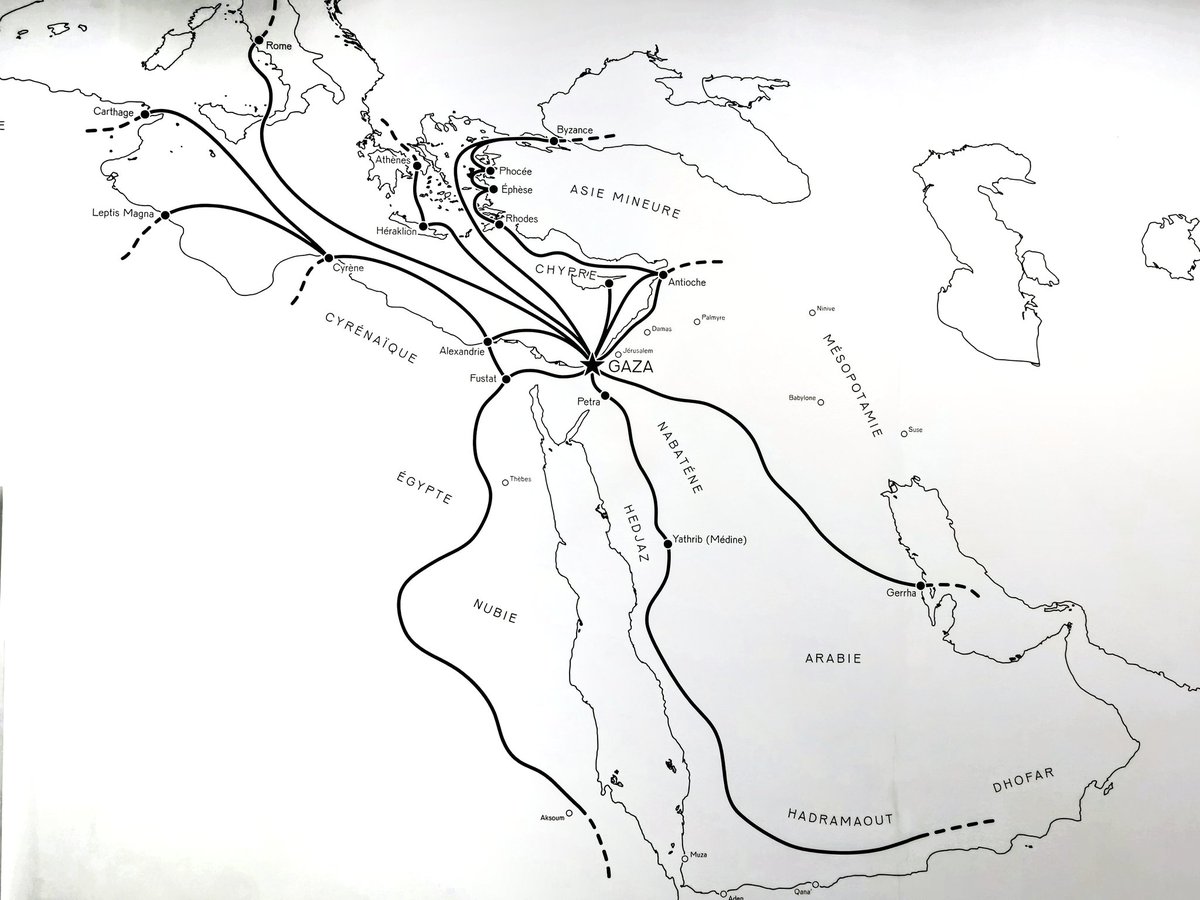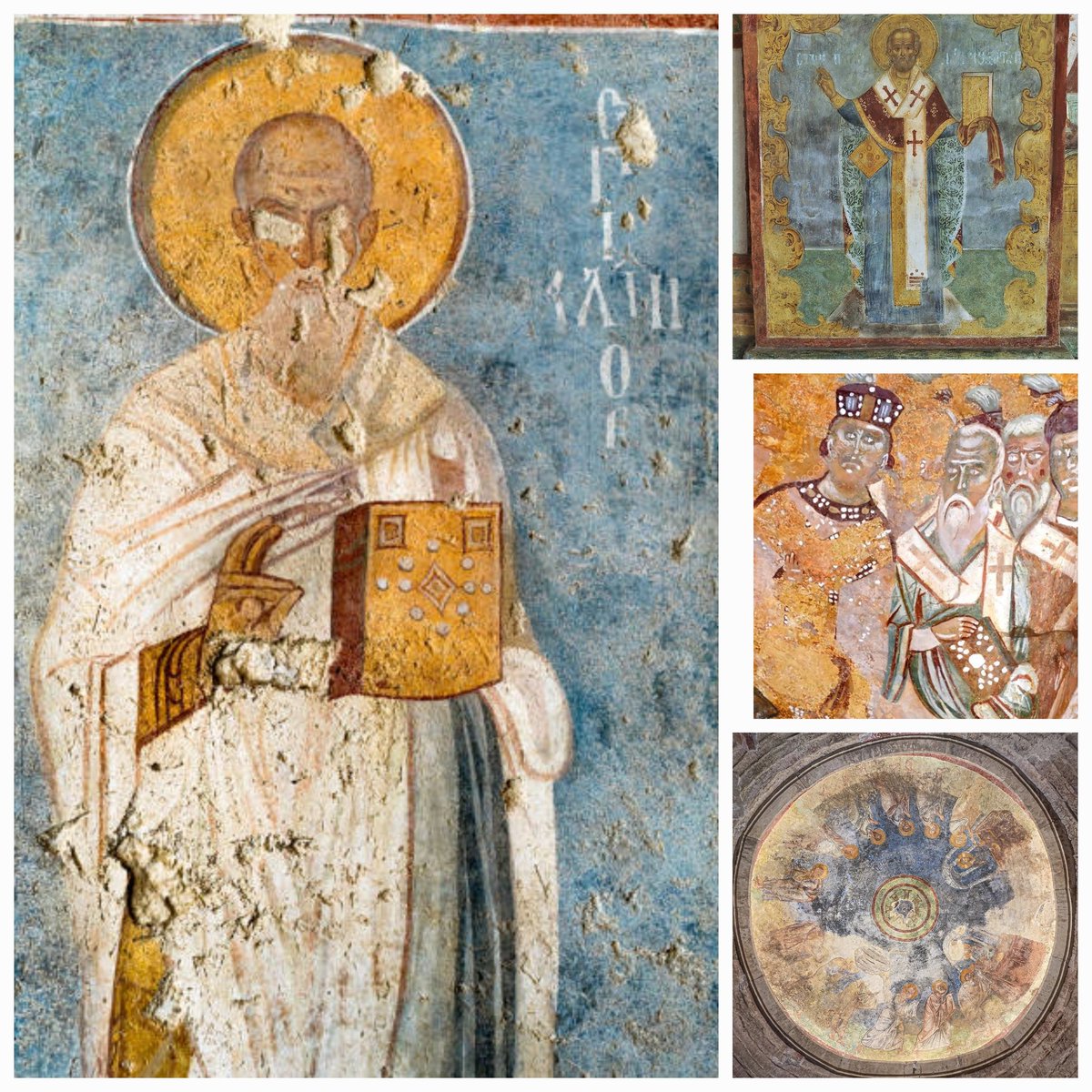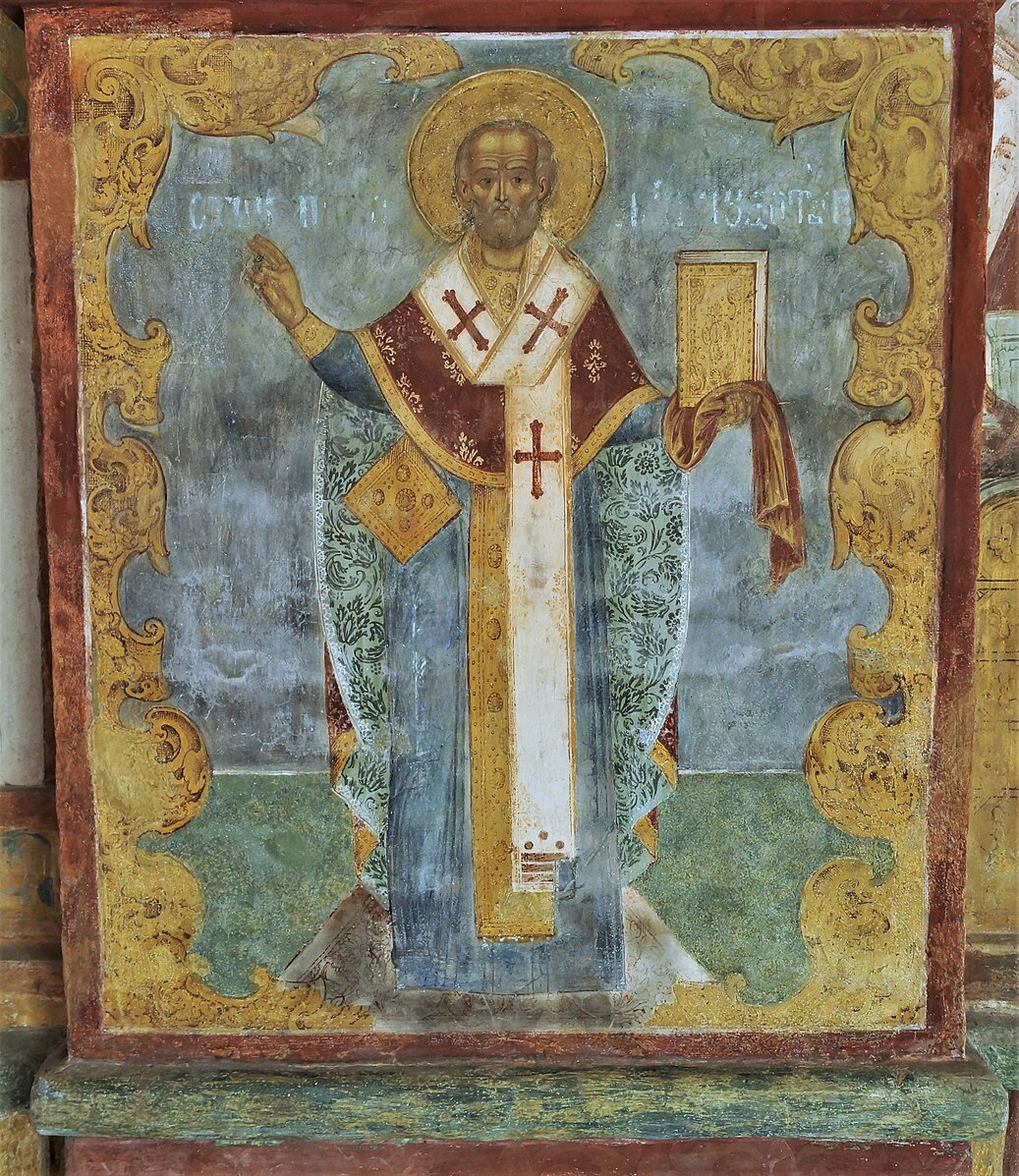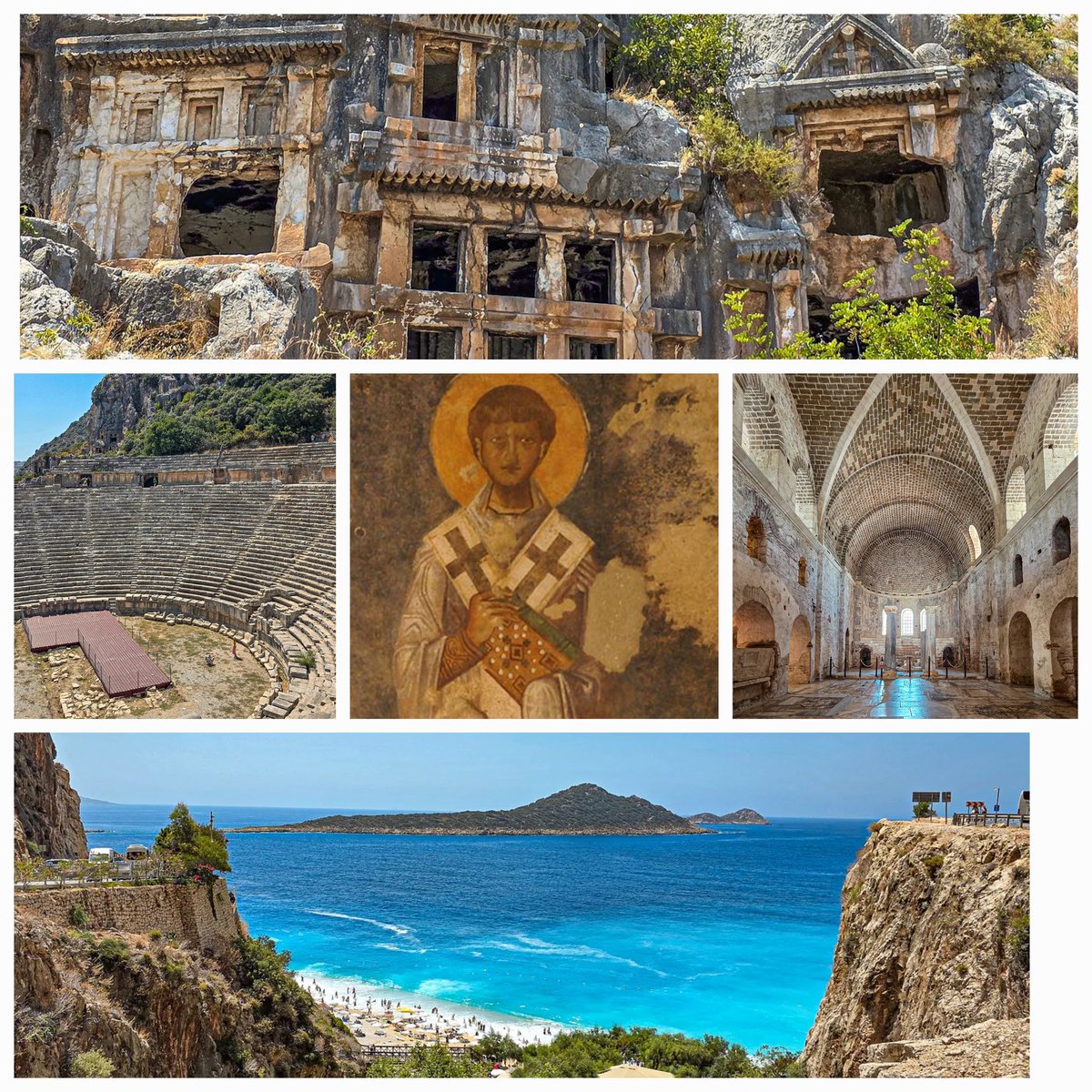Out of quarantine and out into the wild volcanic Highlands of Central Java. The 7thC temples of Gedong Songo are strung up the ridge of an eerie volcano, where plumes of sulphurous steam belch out of the ground and mingle with thick cloudbanks scudding up bamboo slopes. 

The temples themselves look sometimes Gupta, sometimes Pallava, with a hint of Kashmir- all topped with curving Chinese-style flying eves- a mixture you'd see nowhere in India and yet are contemporary with the earliest Indian stone mandirs in MP and coastal Tamil Nadu. 

The guards, all Muslims, all reported regular night time sightings of Hindu queens and their spirit courts. 

One told me how a princess had appeared in a dream and directed him to a place where he found a 7thC Sanjaya gold necklace, which he handed in "because stealing treasure brings bad luck on a family." It is now on display in the National Museum in Jakarta. 

Candi Gedong Songo on Mount Ugaran. “It is at Gedog Songo rather than Dieng that the model for the Javanese temple was established.” 

Gedong Songo means ‘nine buildings’ in Javanese, though many more have been found. These are considered to be the 2nd-oldest extant Javanese temples, contemporary with later Dieng constructions, though dating is more a matter of interpretation than reference to any inscription. 
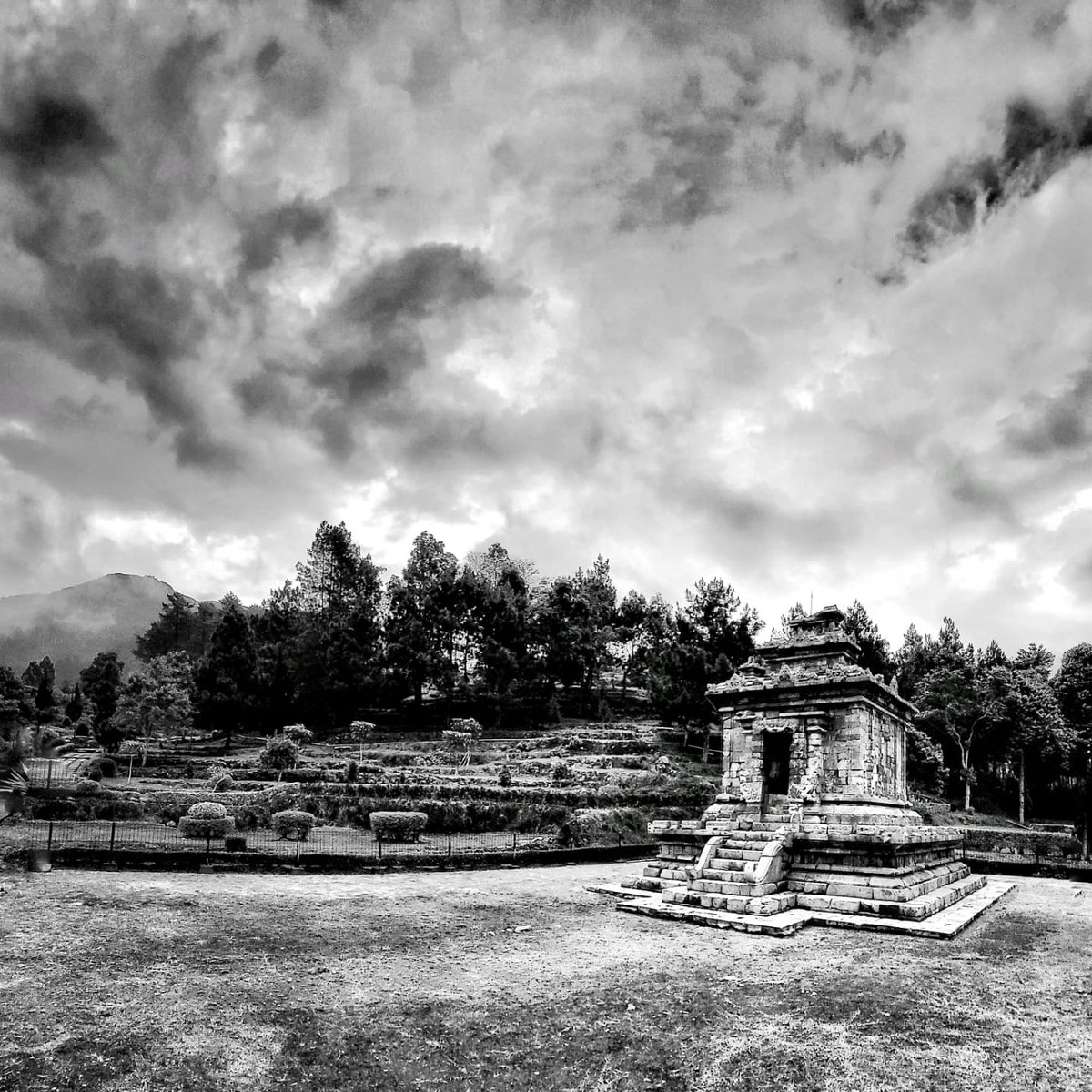
"Each of the Gedong Songo temples is square in plan, with a tiered superstructure of three false storeys which varies from temple to temple in proportion of height to width rather than compositionally" 

• • •
Missing some Tweet in this thread? You can try to
force a refresh


